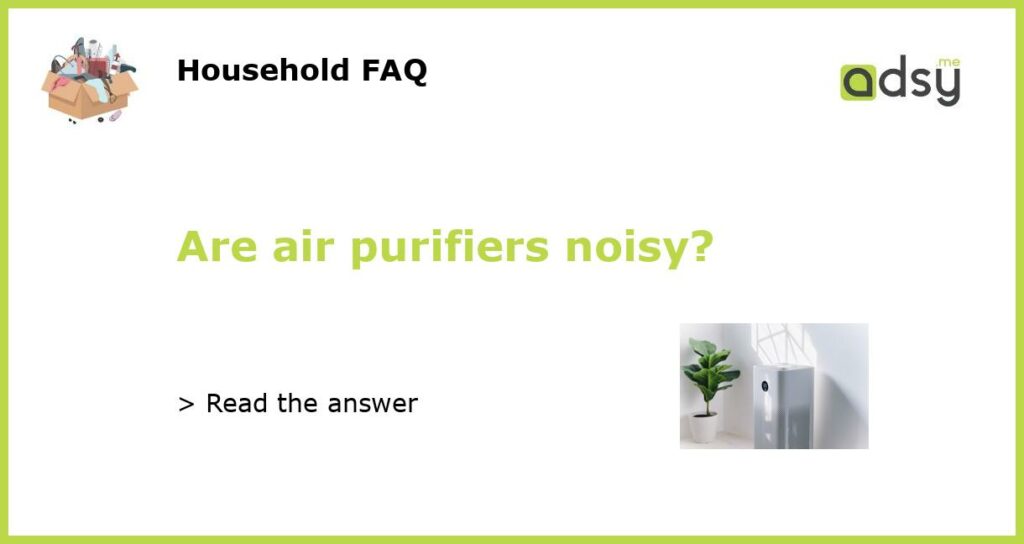What are air purifiers?
Air purifiers, also known as air cleaners, are devices that remove pollutants from indoor air. Some common pollutants that air purifiers can remove include dust, pollen, pet dander, mold spores, and tobacco smoke. They work by drawing air in and using a filter or other technology to capture or destroy the pollutants before releasing the clean air back into the room. Air purifiers can be especially helpful for those with allergies or respiratory problems.
Types of air purifiers
There are several types of air purifiers available in the market, including HEPA (High-Efficiency Particulate Air) filters, activated carbon filters, UV-C light purifiers, and ozone generators. HEPA filters remove particles 0.3 microns or larger, capturing 99.97% of pollutants. Activated carbon filters remove odors and chemicals. UV-C light purifiers use ultraviolet radiation to destroy bacteria and viruses. Ozone generators produce ozone gas to remove odors and organic pollutants, but this technology is controversial and should be used with caution.
Are air purifiers noisy?
Some air purifiers can be noisy, while others are virtually silent. The noise level of an air purifier depends on several factors, including the type of filter technology, fan speed, and size of the unit. HEPA filters tend to be quieter than other types of filters because they don’t require as much airflow to capture particles. Larger units with multiple fans may be louder than smaller units with one fan. Some manufacturers provide decibel (dB) ratings for their units, so it’s worth checking before purchasing.
Tips for reducing noise from air purifiers
If the noise of an air purifier is a concern, there are several things you can do to minimize it. Try placing the unit on a non-vibrating surface, such as a carpet or rug, to reduce noise from vibrations. Keep the unit away from walls and objects that can block airflow, which can cause the fan to work harder and produce more noise. Lowering the fan speed can also reduce noise, though this may decrease the effectiveness of the unit. Finally, consider purchasing a unit specifically designed to be quiet, or look for one with a low dB rating.
The bottom line
Air purifiers can be an effective way to remove pollutants from indoor air, but some may be noisy. The noise level of an air purifier depends on several factors, including the type of filter technology, fan speed, and size of the unit. If noise is a concern, there are several things you can do to minimize it, such as placing the unit on a non-vibrating surface, keeping it away from walls, reducing fan speed, or purchasing a unit specifically designed to be quiet.






